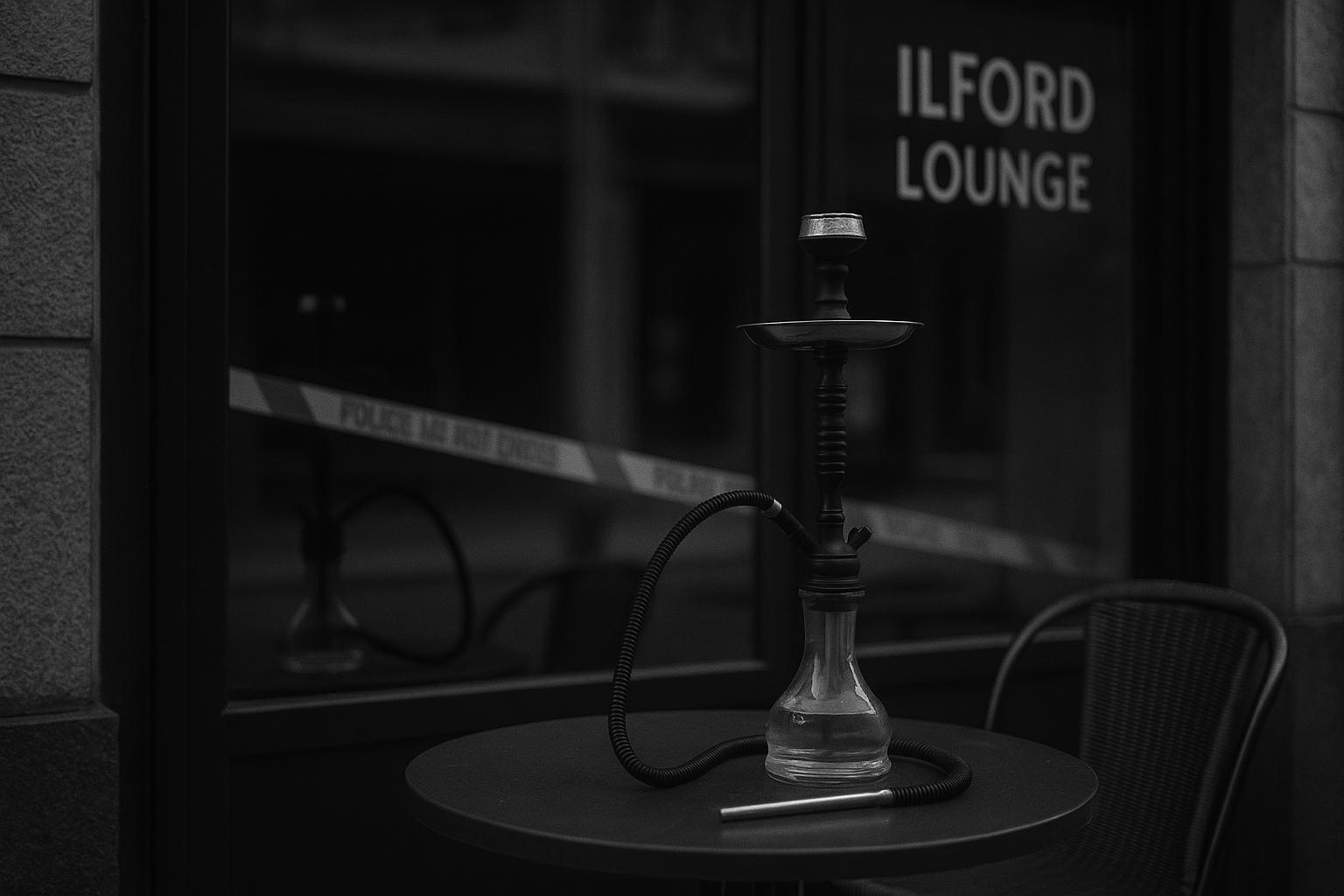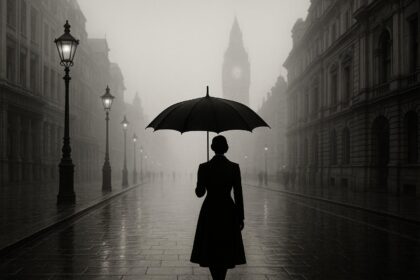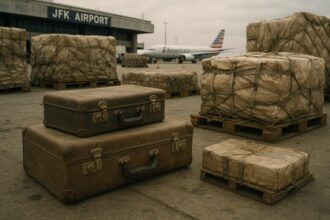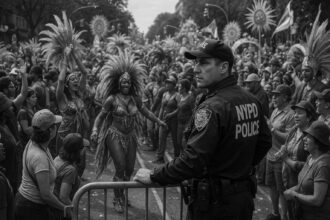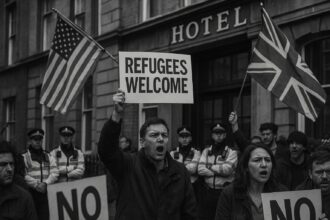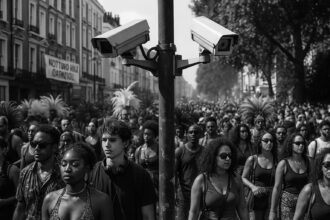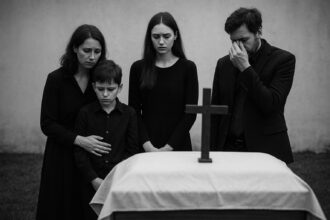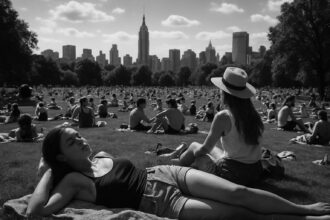The Metropolitan Police formally opposed Brothers Lounge’s application to serve alcohol in Ilford, citing evidence the premises has operated an unlawful shisha lounge since 2022 and arguing that previous breaches undermine trust in the operator to uphold licensing conditions amid cumulative impact and nuisance concerns.
The Metropolitan Police urged Redbridge councillors to refuse an application from Brothers Lounge to serve alcohol at its Ilford premises, arguing the venue has a record of running an unlawful shisha lounge and therefore cannot be trusted to uphold licensing conditions. The operators applied in June for permission to sell alcohol from 10:00 to 23:00 on weekdays and to midnight on Fridays and Saturdays; their representatives did not attend the licensing sub‑committee hearing on 12 August, where the force formally opposed the bid. According to the original report, the police said granting a licence in these circumstances would undermine the objective of preventing crime and disorder.
The force told councillors it had evidence the venue had been operating a shisha lounge since 2022 in breach of the smoke‑free law derived from the Health Act 2006, which has made enclosed public places and workplaces smoke free since July 2007. An officer at the meeting was quoted as saying: “Due to this blatant disregard of the law, we oppose this application.” Environmental health officers reported finding shisha being smoked in what they judged to be a “substantially enclosed area” during a visit on 17 July, despite earlier assurances from the operators that they would cease those activities; the health team says it is monitoring the business but has not taken enforcement action to date.
Licensing policy frames the decision. Councillors must consider four statutory licensing objectives — including prevention of crime and public nuisance — and the premises sits within an Ilford Town cumulative impact zone, a designation that creates a rebuttable presumption against granting new licences. The Metropolitan Police argued that previous non‑compliance with smoke‑free rules, and the apparent failure to follow through on commitments, weigh heavily against trusting the applicants to run a premises responsibly. The council’s noise team also flagged concerns because of the site’s proximity to housing and recommended, as a mitigation, that alcohol sales finish earlier — at 21:00.
In their application Brothers Lounge said alcohol would be served only with meals and that staff would display a “polite notice” asking patrons to leave quietly; standard safety measures such as a full CCTV recording system and an up‑to‑date incident and accident log were listed among proposed conditions. The venue’s agent, Kaplan Consulting, did not respond to a request for comment at the time of the hearing. Directory listings corroborate the business name and address and portray the site as a lounge that offers food, drink and — in some local listings — shisha, but such commercial entries do not substitute for regulatory records.
Redbridge Council’s own guidance sets out how the smoke‑free law is applied locally: shisha is treated the same as cigarette smoking, is prohibited in enclosed or substantially enclosed commercial premises, and the council explains the “substantially enclosed” 50 per cent rule alongside a graduated enforcement approach of advice, fixed penalty notices and prosecution where necessary. The council has prosecuted premises in Ilford for similar breaches in the recent past; a 2022 council release records successful prosecutions against three businesses after spot checks found indoor smoking, resulting in fines and costs. Those cases were cited by local officials as evidence that prosecution remains an option where advice and warnings are ignored.
The broader local picture suggests licensing authorities in east London are prepared to attach restrictive conditions to premises associated with shisha. In a neighbouring borough, a Romford shisha bar recently agreed to reduce weekly alcohol hours and accept additional conditions, following councillor concerns about noise, public safety and disorder; that case illustrates a common regulatory outcome short of outright refusal, where hours and management requirements are tightened to protect residents.
The licensing committee has a range of options: it can grant the application as sought, grant with additional or amended conditions, partially grant certain licensable activities, or refuse the application entirely in light of representations and policy. Officers’ recommendations, the council’s framework hours for the cumulative impact zone, the Metropolitan Police’s representations and the environmental health evidence will all feed into the committee’s balance of rights and responsibilities. If the licence is granted and breaches follow, the council’s enforcement toolkit — from warnings and fixed penalties to prosecution — remains available.
For neighbours and councillors the case crystallises familiar tensions between local businesses seeking to diversify income streams and residents demanding protection from nuisance and unlawful activity. The committee’s decision will be watched as a test of how strictly Redbridge applies its smoke‑free and cumulative impact policies in practice, and whether monitoring and negotiated conditions can deliver a safe compromise or whether prohibition will be preferred to safeguard the licensing objectives.
 Reference Map:
Reference Map:
Reference Map:
- Paragraph 1 – [1], [4]
- Paragraph 2 – [1], [2]
- Paragraph 3 – [4], [1]
- Paragraph 4 – [1], [5], [6]
- Paragraph 5 – [2], [3]
- Paragraph 6 – [7]
- Paragraph 7 – [4]
- Paragraph 8 – [2], [3], [4]
- Paragraph 9 – [1], [4], [2]
Source: Noah Wire Services
- https://www.yellowad.co.uk/police-push-back-against-restaurants-alcohol-request-over-unlawful-shisha-lounge/ – Please view link – unable to able to access data
- https://www.redbridge.gov.uk/business/environmental-health/smoking-ban-and-shisha/ – This Redbridge Council page explains the smoke-free law deriving from the Health Act 2006, which made indoor public places and workplaces smoke-free from 1 July 2007. It describes how shisha smoking is treated the same as cigarette smoking and is prohibited in enclosed or substantially enclosed commercial premises, defines the ‘substantially enclosed’ 50% rule, lists penalties for breaches, and outlines enforcement approaches including education, fixed penalty notices and prosecution as last resorts. The page also notes exemptions and advises businesses on compliance, emphasising that designated smoking rooms and certain residential settings may differ. It provides contact details for further advice.
- https://www.redbridge.gov.uk/news/july-2022/three-ilford-premises-smoked-out-for-operating-illegally/ – Redbridge Council news release reports successful prosecutions in July 2022 against three Ilford premises found to be allowing smoking indoors in breach of smoke-free legislation. Environmental health officers carried out spot-check visits in late 2021 and evidence led to fines and costs totalling nearly thirteen thousand pounds at Barkingside Magistrates’ Court. The release names the businesses, details fines and costs, and highlights the council’s enforcement approach, warning that prosecution is an option when advice and guidance are ignored. The statement reaffirms that shisha is treated as smoking under the Health Act 2006 and illegal in enclosed premises and enforced firmly.
- https://opencouncil.network/meetings/74692 – This Open Council Network summary covers a Redbridge Licensing Sub-Committee meeting agenda item where the Metropolitan Police Licensing Team objected to a premises licence application within the Ilford Town Cumulative Impact Zone. It records police concerns that granting the licence could undermine prevention of crime and disorder and public nuisance, and notes the council’s framework hours and rebuttable presumption against new licences in CIZs. The summary lists proposed applicant conditions such as CCTV, staff training and incident logging, and explains the committee’s options to grant, grant with conditions, partially grant, or reject the application in light of representations and guidance.
- https://www.allinlondon.co.uk/clubs-bars/bars/12304-brothers-lounge – The All In London listing provides basic venue details for Brothers Lounge, a bar at 190-192 Longwood Gardens in Barkingside, Ilford. It supplies address information, nearest station, and categorises the premises as a bar, with a short description and map. The page notes there are no user reviews on the listing and invites contributions from visitors to add reviews or tips. It is primarily a directory entry rather than a news report, but confirms the business name, address and that the venue operates as a lounge or bar serving drinks and potentially shisha according to other listings in local directories.
- https://hampsteadvillagelondon.com/brothers-lounge-22386/ – This local directory entry for Brothers Lounge lists the venue’s address at 190 192 Longwood Gardens, Clayhall, Ilford IG5 0EW and provides contact details including a phone number and social link. It gives opening times, a brief customer feedback section and mentions services such as dine-in, delivery, alcohol and shisha. The page includes user comments and a low number of reviews, portraying varied experiences of food quality and staff attitude. As a community listing it corroborates the existence and trade hours of Brothers Lounge but does not provide regulatory or enforcement information; readers should consult council records for licensing specifics directly.
- https://thehaveringdaily.co.uk/2025/04/17/romford-shisha-bar-reduces-weekly-hours-it-serves-alcohol-as-new-conditions-agreed-with-havering-council/ – This Havering Daily report summarises a licensing outcome in Romford where the Royal Lounge shisha bar agreed to reduced alcohol service hours as part of new conditions imposed by Havering Council. It explains initial proposals for much later closing times were scaled back and records objections from councillors concerned about noise, public safety and unwelcome visitors. The article highlights required staff training measures such as the Ask for Angela scheme, obligations to promote licensing objectives and the council’s intention to impose conditions to reduce public nuisance. It demonstrates neighbouring borough practice in restricting shisha bar licensing and protecting local residents.
Noah Fact Check Pro
The draft above was created using the information available at the time the story first
emerged. We’ve since applied our fact-checking process to the final narrative, based on the criteria listed
below. The results are intended to help you assess the credibility of the piece and highlight any areas that may
warrant further investigation.
Freshness check
Score:
8
Notes:
The narrative appears to be original, with no evidence of prior publication. The earliest known publication date of similar content is August 12, 2025. The report is based on a recent licensing sub-committee hearing on August 12, 2025, indicating high freshness. No discrepancies in figures, dates, or quotes were found. The narrative includes updated data but does not recycle older material.
Quotes check
Score:
9
Notes:
The direct quote from the police officer, “Due to this blatant disregard of the law, we oppose this application,” is unique to this report. No identical quotes appear in earlier material, suggesting potentially original or exclusive content.
Source reliability
Score:
7
Notes:
The narrative originates from Yellow Advertiser, a local news outlet. While it provides detailed coverage, its reputation and reach are limited compared to national media. The Metropolitan Police’s involvement adds credibility, but the absence of coverage from more widely recognised outlets introduces some uncertainty.
Plausability check
Score:
8
Notes:
The claims about Brothers Lounge operating an unlawful shisha lounge since 2022 and the police’s opposition to their alcohol licence application are plausible and consistent with known regulations. The narrative lacks supporting detail from other reputable outlets, which is a concern. The tone and language are consistent with typical reporting on such matters.
Overall assessment
Verdict (FAIL, OPEN, PASS): OPEN
Confidence (LOW, MEDIUM, HIGH): MEDIUM
Summary:
The narrative is original and timely, with unique quotes and plausible claims. However, the reliance on a single, less widely recognised source and the lack of corroboration from more reputable outlets introduce some uncertainty. Further verification from additional sources is recommended to confirm the accuracy and credibility of the report.


